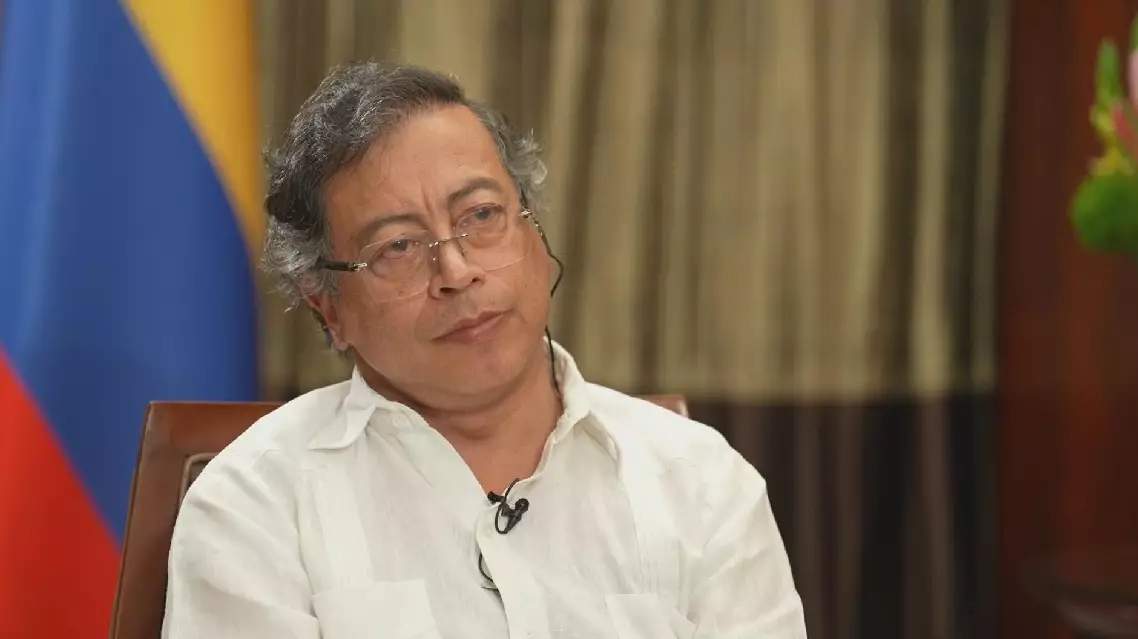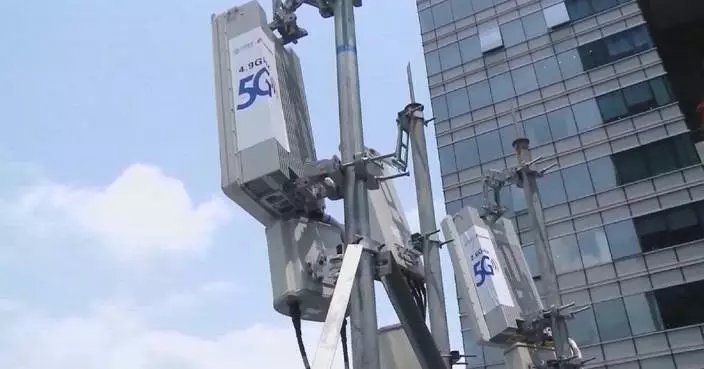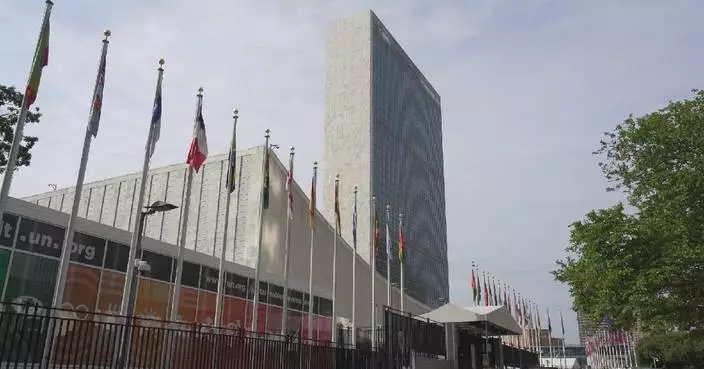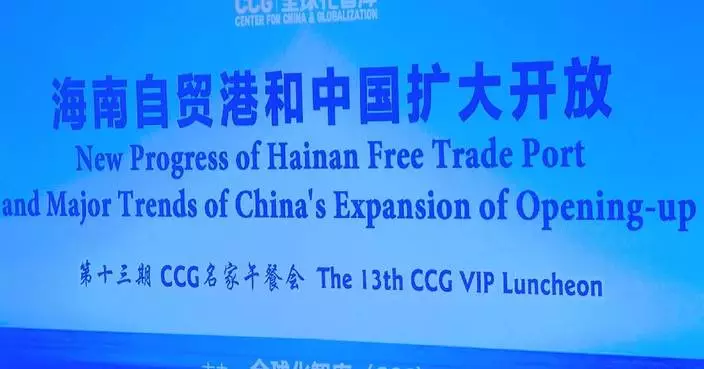China and Africa have worked together to jointly propel towards a cleaner and more prosperous future through green technologies cooperation within the framework of the Forum on China-Africa Cooperation (FOCAC), which has spearheaded over 100 clean energy and green development projects in recent years.
South Africa's Redstone Solar Thermal Power Project stands as a testament to the innovative partnership between China and Africa in the realm of renewable energy.
Nestled 200 km from the bustling city of Kimberley and blessed with abundant sunlight, the Redstone Solar Thermal Power Project harnesses the natural resource with unparalleled efficiency. The site boasts one of the world's highest solar irradiation energy densities, reaching a remarkable 2,800 kilowatt-hours per square meter annually.
In early 2024, the project was successfully integrated into the South African grid and can now deliver approximately 480 gigawatt-hours of clean power per year, illuminating 200,000 South African households.
Clayton Michael Raad is a general machinery engineer of the project. Recalling his days at the project, Raad admitted that he was under mounting pressure at the beginning for working with colleagues from the other side of the sea. However, his anxiety was soon wiped away due to the efficient and scientific working mechanism.
"The pressure was high at the start, but I think at the moment we have it under control. Each person knows his or her roles and responsibilities, what to do and when to do it. So I think we have it quite under control at the moment," said Raad.
For the local community, the power project not only stands as a symbol of collaborative clean energy endeavors between China and Africa, but also functions as a valuable educational platform. Hosting open days for inquisitive students interested in engineering and science, the project has also served as a gateway to knowledge and inspiration.
Raad expresses his deep admiration for the project, noting its profound impact in nurturing aspirations among budding talents. He believes that the project will act as a catalyst for dreams to flourish in the minds of many young individuals, igniting their passion for innovation and progress.
"I really think [it's important to] see something first-hand instead of just reading from the book, because the kids were quite excited. They had quite a lot of questions and they were really amazed by this engineering mega structure that we are busy with here at the good project. I must say some of them, they even mentioned that they do aspire to come and work here one day," said Raad.
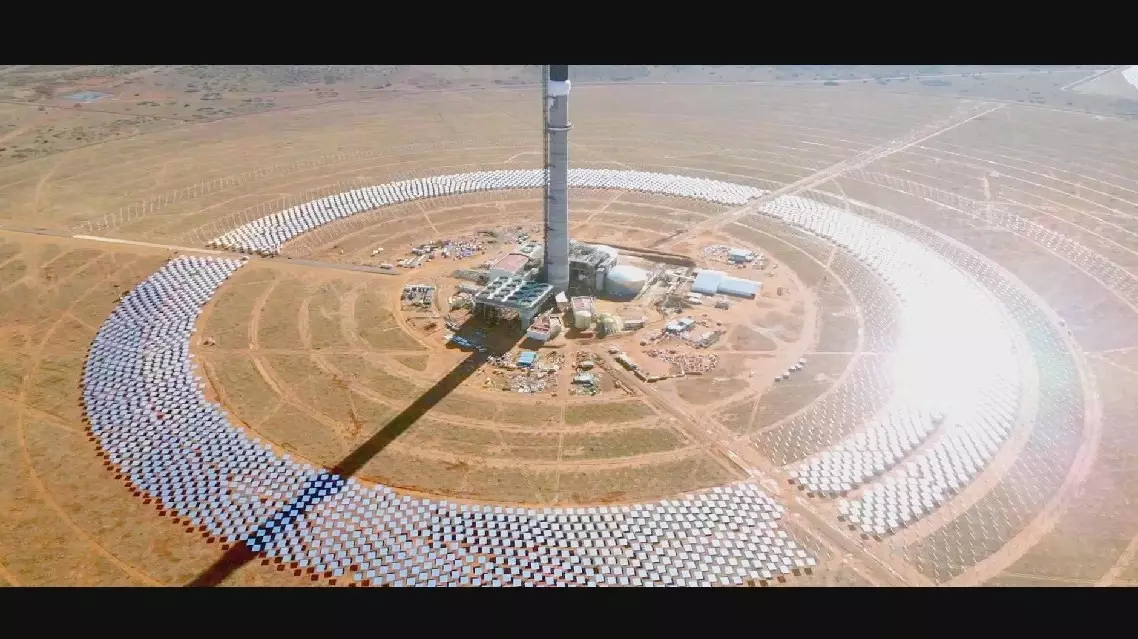
China-Africa cooperation supports South African transition to green energy



